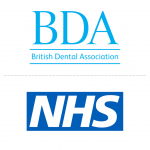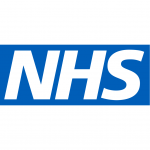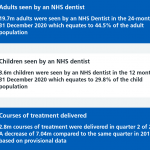The British Dental Association has urged NHSX and the Office of the Chief Dental Officer to issue an urgent statement on the status of SNOMED CT, following updates instructing practices to implement the system from 1 September 2021.
SNOMED aims to ensure better interoperability between health services for patients, by ensuring clinical notes are coded in a standardised way. The planned implementation was postponed from 1 April 2021. The BDA had previously expressed grave concerns that the systems in place for its use in dental practices are not sufficiently robust at present to ensure patient safety and a smooth rollout that would not impact on time spent with patients.
The recent announcement came as a surprise to GDPs and many major software suppliers.
Shawn Charlwood, Chair of the BDA General Dental Practice Committee, said: “Since March, we have been engaging with NHSX, as advised by the Minister Jo Churchill, to resolve the outstanding issues with implementation of SNOMED CT. In our meetings, NHSX has been clear that it did not regard it as necessary for dental practices to implement SNOMED from 1 September 2021 and that instead it wished to take the time to work with BDA to develop a subset of dental-specific SNOMED codes that would be appropriate for use.
“It was therefore unexpected that NHS England and the Office of the Chief Dental Officer announced on 31 August that practices were expected to begin using SNOMED from 1 September.
“As a result, we sought urgent clarification from NHSX, as the NHS body responsible for SNOMED, as to what practices were required to do and we demanded a joint statement from NHSX and the OCDO today to clarify matters. It is disappointing that there have been conflicting views from the two organisations.
“The BDA has been engaging with various NHS bodies including NHS England, the Office of the Chief Dental Officer, the NHS BSA and NHSX since it was announced in 2016 that storage of records using SNOMED CT would become a requirement.
“Our objective throughout this was to ensure that there was clear information about what implementation would entail and that the process for doing so would not disrupt practices’ operation. It is regrettable that, despite our efforts, the various NHS bodies have not provided dentists, their practices, and software suppliers with the clarity needed to implement SNOMED without such disruption. We will continue to press for an urgent statement from NHSX and the OCDO.”












